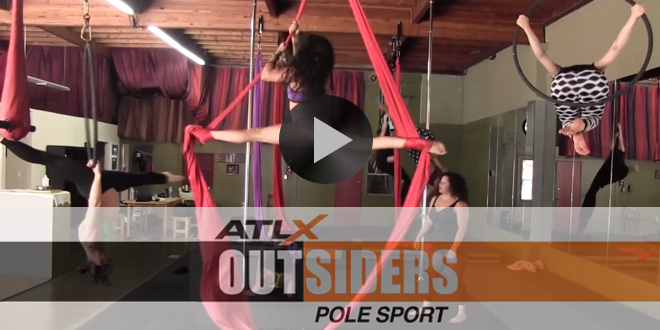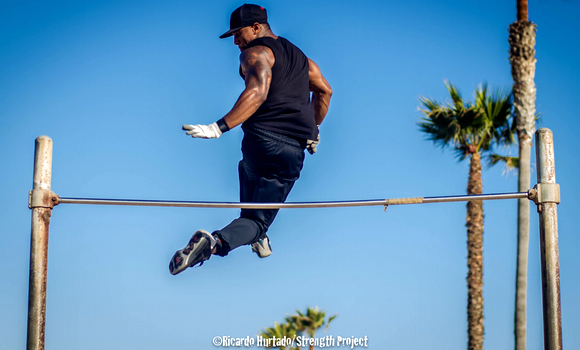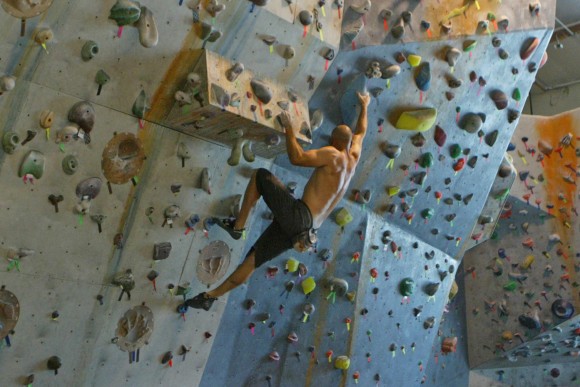
By: Sarah McWilliams
Shoulder pops and clicks are common for elite athletes and weekend warriors alike. The complexity of the shoulder, comprised of bone, ligaments, cartilage and tendons, allows for plenty of capabilities and functions and, conversely, almost as many opportunities for injuries.
But what we learned from Dr. Keith Pyne, managing partner at SportsLab-NYC, about joint noise is that popping sounds coming from our joints isn’t always cause for concern.
Check out how you should know when pops and clicks are cause for concern or when you can just shrug it off.
Before rushing to the Emergency Room or assuming your rec league career is over, ask yourself…
1. Is there pain associated with the noise?
2. Have I sustained a recent injury?
3. Does my shoulder feel stable?
Clicks and popping may happen for a number of reasons, and sometimes it is just harmless noise. As we age, we begin losing some functionality, and some even develop degenerative arthritis. Even if you aren’t an elite Volleyball player or a Major League Pitcher, your shoulders have likely taken a beating over the years of typical use and abuse.

If you have kids, think about how many times you have raised them over your head or thrown them into the air. Even if you aren’t a professional athlete, you’ve surely competed in some kind of little league, beer league, or intramural league sport before. As time passes, the cartilage breaks down and your shoulder rubs together in ways that can make noise. If there is no pain associated with the noise, then chances are good the noise is physically harmless; even if it is an annoying reminder that we aren’t invincible.
If you do feel pain associated with noise, then it could mean that there is a larger issue. It may also be time to ask yourself if you sustained a recent injury. Maybe the injury wasn’t even significant, something as small as feeling something amiss while bench pressing. Or did you feel a twinge when you were playing beach volleyball? Even if it didn’t feel like a traumatic injury doesn’t mean it hasn’t been perpetuated since the occurrence. If you experience pain and you’re hearing suspicious noises, then it’s probably time to see your health care provider.
Pops and snaps can also be signs of rotator cuff tears or a SLAP tear – a tear of the superior labrum, anterior to posterior – in the cartilage that keeps your shoulder in its socket. A SLAP tear occurs when the labrum frays or tears. Instability in the shoulder mixed with noises could also mean your shoulder is sliding in and out of place, making that dreaded snap or popping noise. If your shoulder feels unstable, it’s time to head to your health care provider and potentially an orthopedic surgeon.
The treatment of most injuries is conservative, with ice, anti-inflammatories and rest. Sometimes physical therapy will be ordered. Don’t assume the news is going to be bad. Sometimes something as simple as a shot of cortisol could last years. However, on the outside chance that surgery is necessary, always get a second opinion and go to a hospital with an esteemed orthopedics practice.
Further Reading
Common Sports Injuries: Rotator Cuff
 ATLX The only sports entertainment television and digital media network fully devoted to everyday athletes, athletic lifestyle and athletic culture.
ATLX The only sports entertainment television and digital media network fully devoted to everyday athletes, athletic lifestyle and athletic culture.




